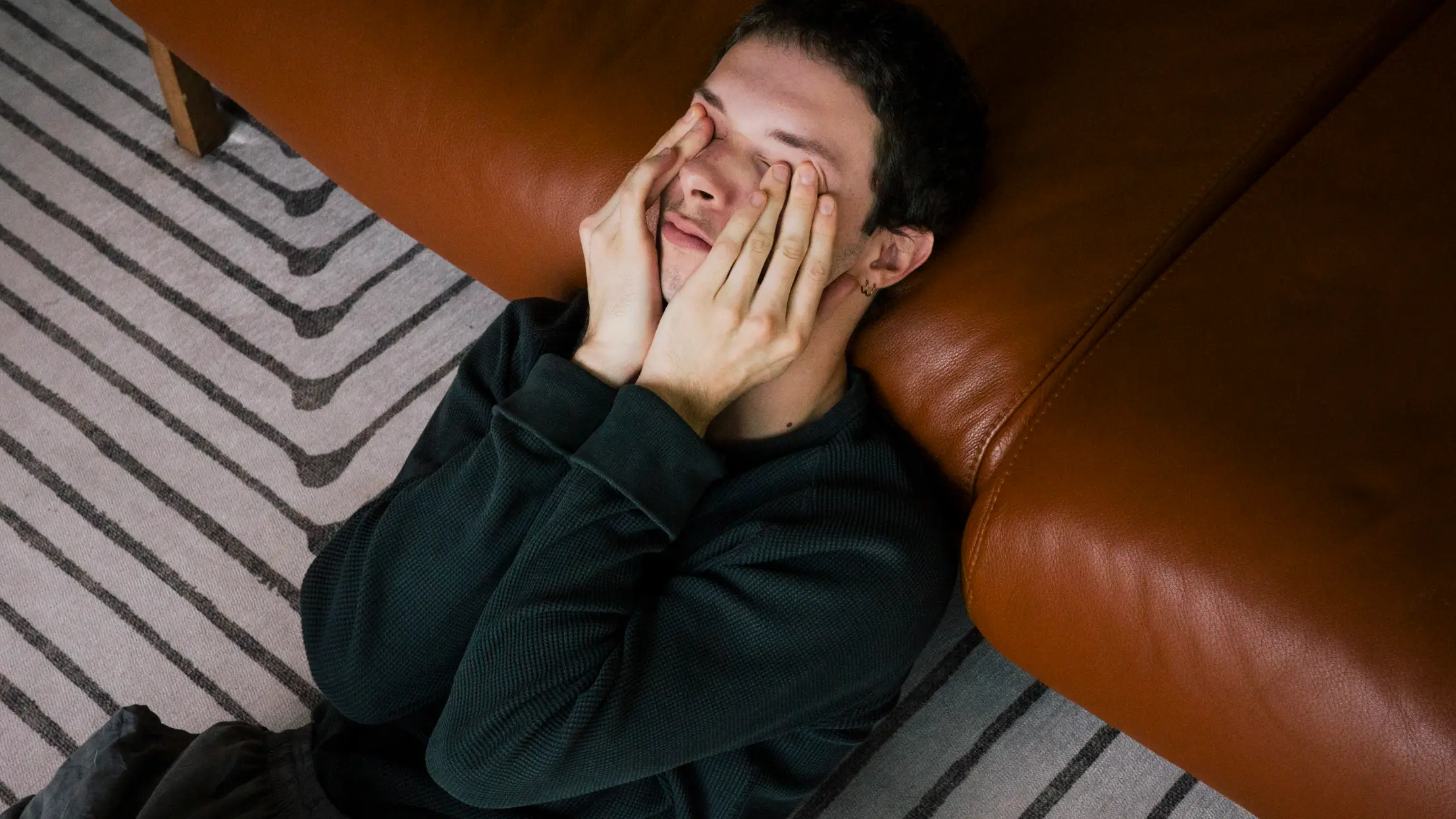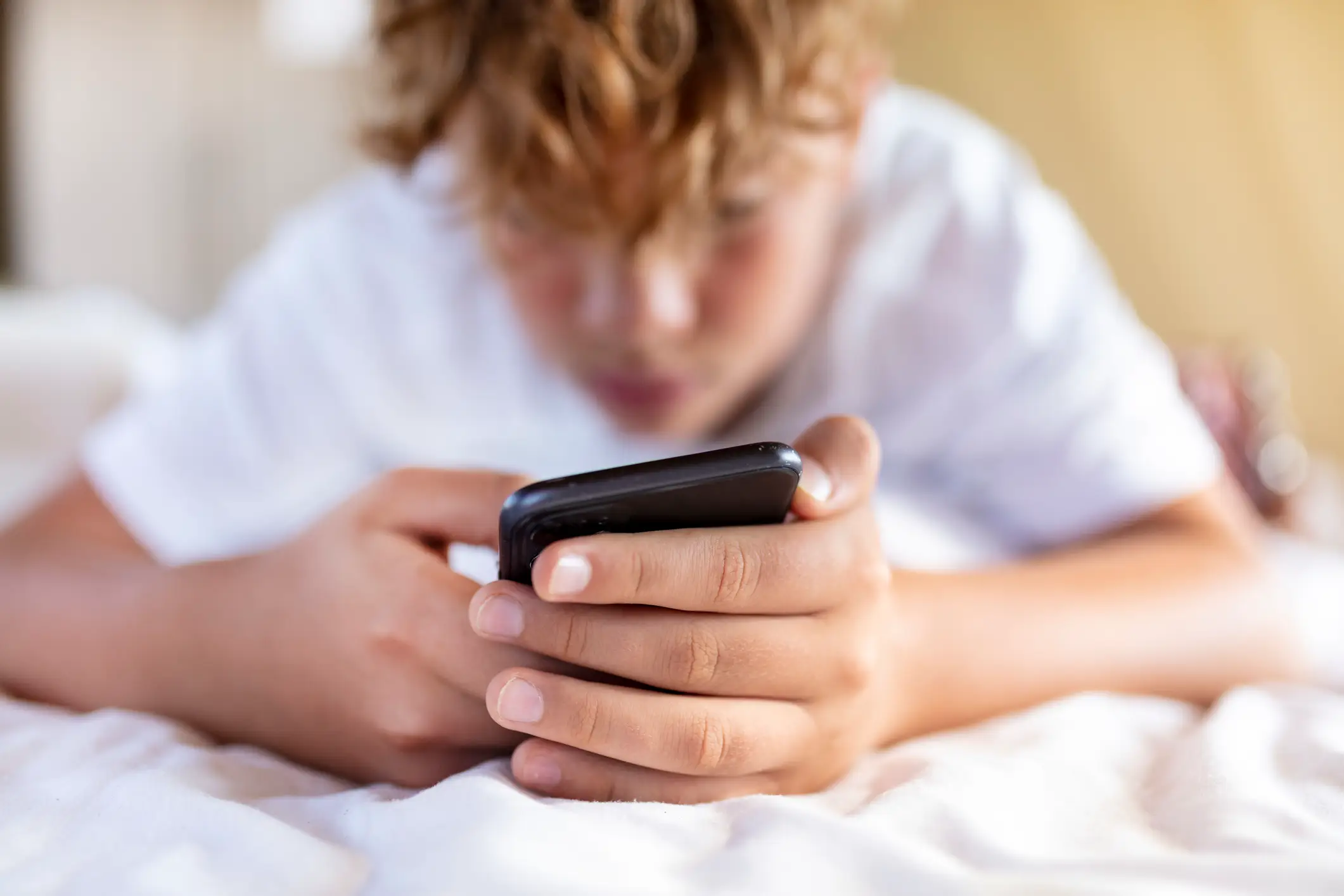
An expert has revealed the fascinating impact boredom can have on you.
More than a year on from when the TikTok travel trend 'raw-dogging' swept through Gen Z like the plague, it has made a resurgence. And while it might not be welcomed by some social media users who have grown tired of it, one psychologist is relishing its return.
If you haven't heard of the term, I'm talking about something other than its namesake, where participants get freaky under the covers. No, rather innocently, it involves boarding a flight and not using anything to help you get by - no downloaded movies on Netflix or even music, no pillow...nothing.
It has expanded much further and is now being used to help people find peace of mind.
Advert
One such person harnessing the art of raw-dogging is a self-proclaimed 'productivity' influencer called Rowan.
He has been conducting an experiment where he rawdogs each day for an hour to help correct his 'attention span'.

Rowan believes he developed a 'short attention span' due to 'constant dopamine hits from my phone, caffeine, sugary foods and games'.
But before we get into how his experiment went, let me introduce you to Dr Stacey Rosenfeld - a psychologist who hails from New York's Rockland County.
“Learning how to tolerate boredom is an important skill,” she told the New York Post, while speaking about the benefits boredom brings to children.
"There are always going to be times when we’re bored. If we never allow ourselves to have that feeling of wondering ‘What should I do with this time,’ how will we do that as adults?"
Some mental health experts even go as far as to encourage parents to let their children experience boredom.

Psychiatrist and author Dr Carl Marci shared that when his own kids have nothing to do for a while, they eventually figure out new ways to entertain themselves - whether that’s talking to others, playing, or coming up with creative ideas on their own.
He believes the problem is that endless access to screens and devices can rob children of this opportunity.
With so much content crafted to hold their attention, many young people grow up believing they should never feel bored - meaning they miss out on the benefits that come with it.
If you haven't guessed how Rowan's experiment has gone, he explained to his followers that his output has notably increased.
"Because I don’t need constant stimulation, I feel a lot more productive," he shared.
"I focus on the things that actually matter to me, like my work, relationships and being more present in the moment that matters instead of checking my phone every two seconds.”
Topics: Mental Health, Social Media